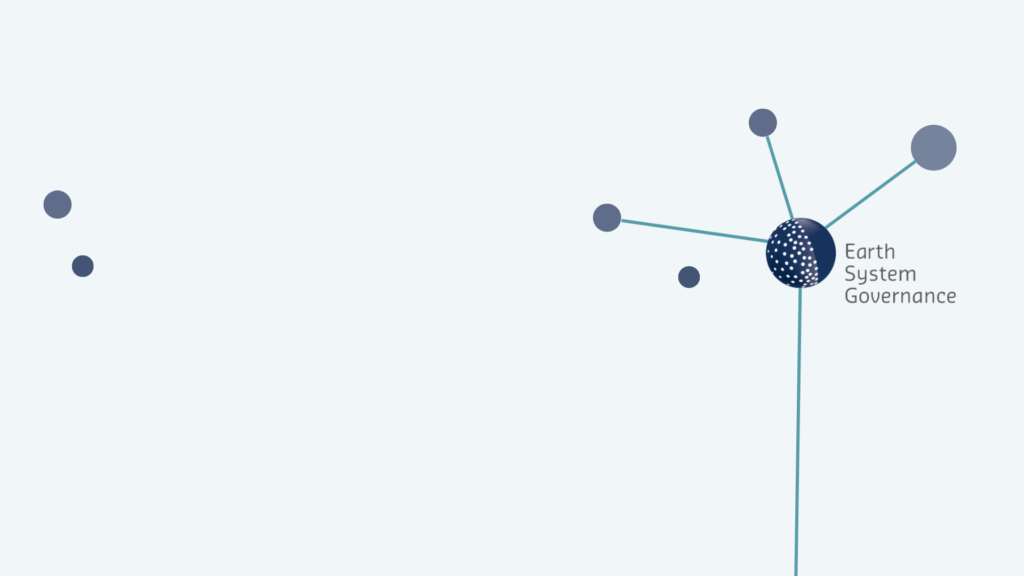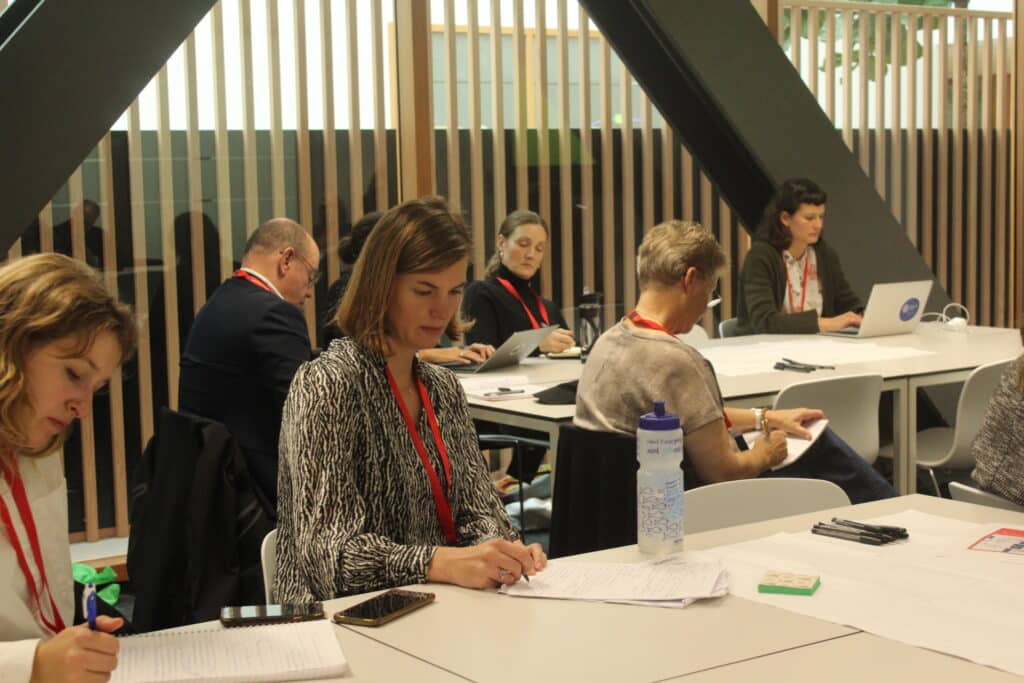Advancing research on global environmental change and governance
The Earth System Governance Project is a global research network that aims to advance knowledge at the interface between global environmental change and governance. The network connects and mobilizes scholars from the social sciences and humanities researching at local and global scales.
Learn more about
taskforces and working groups
Through these groups, we engage substantively with key issues of global environmental change confronting contemporary societies.
Latest news and perspectives
Earth System Governance Publications
The project’s flagship publications seek to advance knowledge in our field and provide authoritative stances on existing and emerging aspects of earth system governance research
Meet the community
Do you want to join our network?
Please sign up here and join the ESG network.
Meet our research fellows
Featured Scholar
Maciej Filip Bukowski
When did you join the ESG Network, and what motivated you to get involved?
I joined the ESG Network in March, following my successful application to the ESG Mentorship program. The primary motivation underpinning my involvement is my wish to liaise with ESG scholars pursuing or interested in research in the emerging field of the geopolitics of climate change. The question of how to insulate the global endeavors to advance a low-carbon future against conflicting national interests remains a major blind spot in the ESG research. Any change introduced via a global policy undertaking needs to address geopolitical considerations if the results its aim is to produce lasting results.
Being an advocate of the realist school of thought in international relations, one of the primary assumptions in my research has been that the short to mid-term considerations of strategic competition between national states override their long-term interests, the protection of which may require enduring collective action. A contemporary illustration of this assumption is the preference for energy security over climate mitigation (i.e. securing affordable and often dirty energy vs. cutting GHG emissions via clean energy sources). This assumption holds true for both democratic governments (run by politicians subjected to electoral cycles) and authoritarian systems (where rulers need to keep their subjects satisfied). Furthermore, as explained by Prof. Stuard Elden, crucial in this regard is the increasingly volumetric character of geopolitics, where the power of state is no longer confined to a 2D territory but unfolds now especially in other spatial dimensions such as airspace, outer space in maritime verticality.
I am currently completing my PhD in which I look at how climate change will act as a balancing factor in the geostrategic competition between the EU, the US and China. The whole field is truly enormous and I believe the ESG network to be the most appropriate collaborative sphere where a transdisciplinary effort could meaningfully attempt to address the shortage of scholarship on the intersection of geopolitics with climate and sustainability. With this in mind, I am grateful for your invitation and look forward to working together.
What is the most useful piece of advice you have received as an Early Career Scholar?
Having only joined the ESG Network recently, it is yet for me to find out!


















